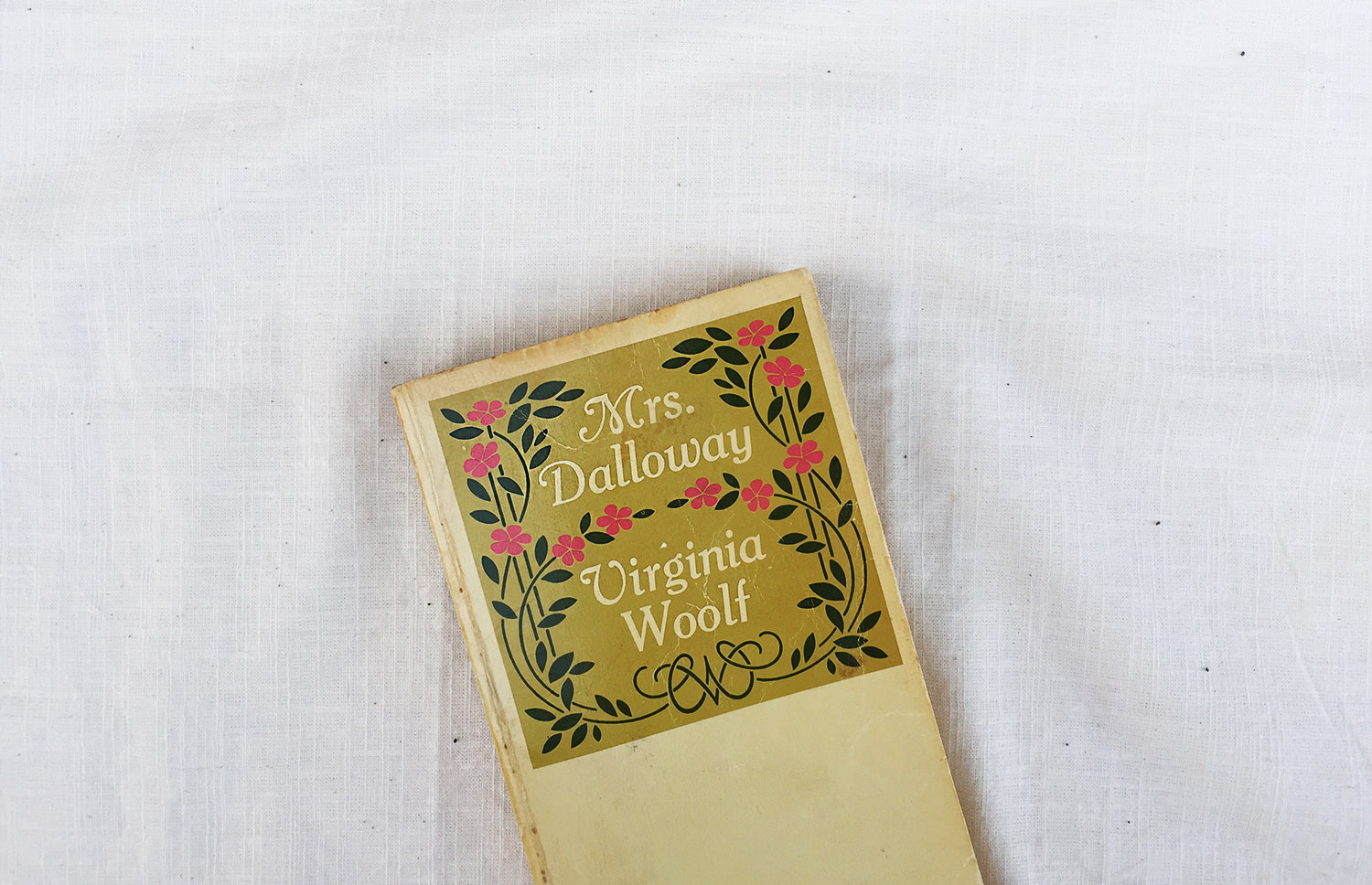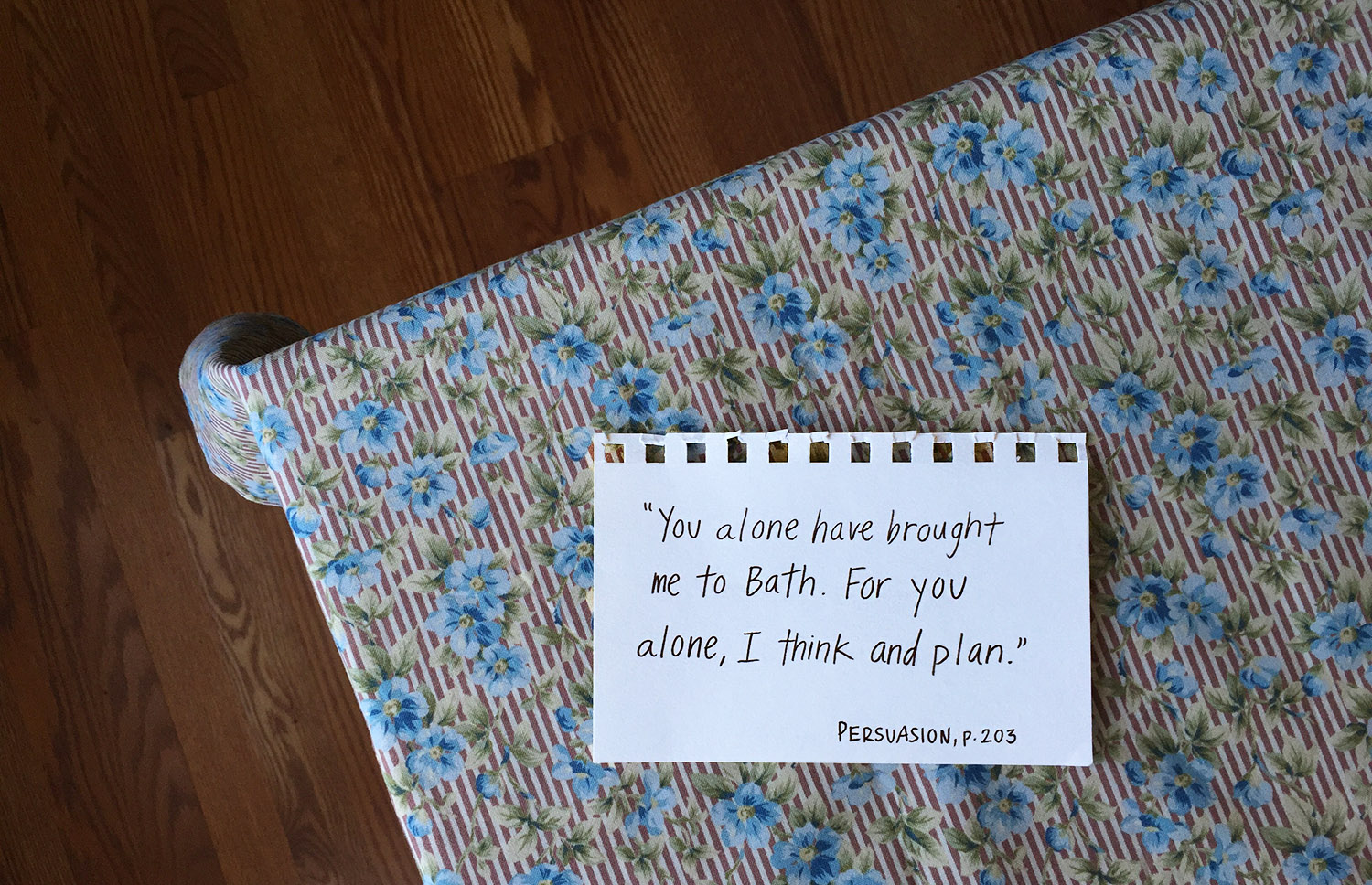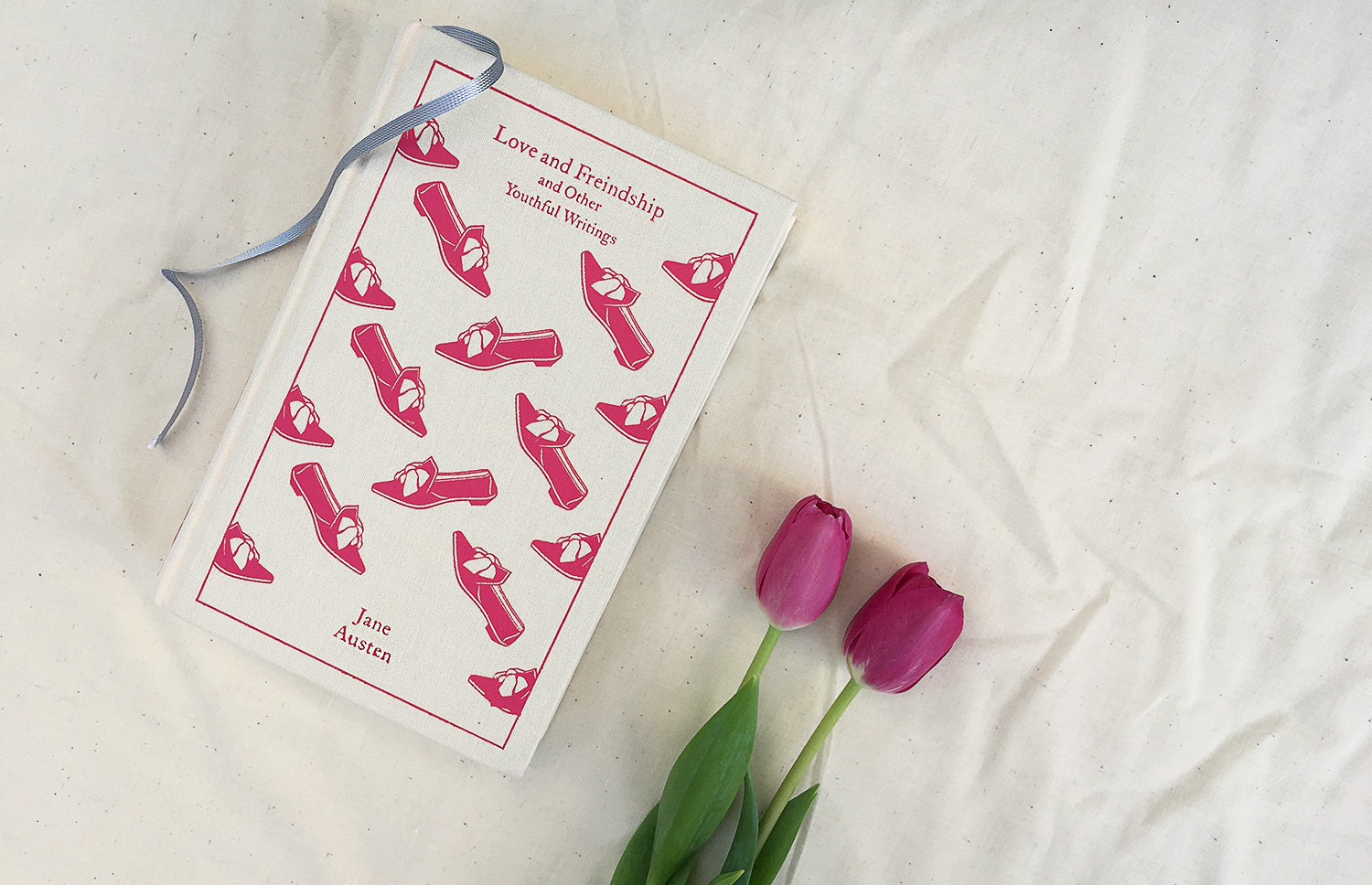
The copy of Mrs. Dalloway that I own is impressively annotated by one of its previous owners. I wish that the notes were legible, because the few words that I can decipher include heavyweights like “trap of consciousness” and “death of soul.” Mrs. Dalloway surfaced in my mind on International Women’s Day (March 8) with its infamous first line, “Mrs. Dalloway said she would buy the flowers herself,” and I thought it was about time that I read the classic. While the story follows a single day in the post-WWI life of Clarissa Dalloway, readers weave in and out of the minds of several characters, abruptly dropping into each one’s stream of consciousness. Not only are there sudden shifts in person, place, and time, but there are also no chapters or paragraph breaks to delineate where it is appropriate to pause, so sharp attention is required. The book is a shining example of modernist literature, with its unconventional and lyrical flair: “Life; London; this moment of June” (p. 5).
Though the case with every book that I read, I am particularly aware that there is absolutely nothing new that I can say about Virginia Woolf or Mrs. Dalloway. Anything and everything critical, brilliant, subtle, funny, and beyond has already been said, and most likely by someone far smarter than I am. Author Anna Quindlen brings up a similar idea in her oft-quoted commencement speech at Mount Holyoke College:
“Every story has already been told. Once you’ve read Anna Karenina, Bleak House, The Sound and the Fury, To Kill a Mockingbird, and A Wrinkle in Time, you understand that there is really no reason to ever write another novel.”
Don’t worry, she then counters herself: “Except that each writer brings to the table, if she will let herself, something that no one else in the history of time has ever had. And that is herself, her own personality, her own voice.”
With that in mind, I continue Mrs. Dalloway (I’m halfway through) with the hope that I will indeed have something unique to share. May has begun, the perfect month for finishing those lingering to-read books before summer inspires a brand new list. I’m happy to consider Mrs. Dalloway the first book of May, and to discover its influence on the month’s remaining book selections.
Though the case with every book that I read, I am particularly aware that there is absolutely nothing new that I can say about Virginia Woolf or Mrs. Dalloway. Anything and everything critical, brilliant, subtle, funny, and beyond has already been said, and most likely by someone far smarter than I am. Author Anna Quindlen brings up a similar idea in her oft-quoted commencement speech at Mount Holyoke College:
“Every story has already been told. Once you’ve read Anna Karenina, Bleak House, The Sound and the Fury, To Kill a Mockingbird, and A Wrinkle in Time, you understand that there is really no reason to ever write another novel.”
Don’t worry, she then counters herself: “Except that each writer brings to the table, if she will let herself, something that no one else in the history of time has ever had. And that is herself, her own personality, her own voice.”
With that in mind, I continue Mrs. Dalloway (I’m halfway through) with the hope that I will indeed have something unique to share. May has begun, the perfect month for finishing those lingering to-read books before summer inspires a brand new list. I’m happy to consider Mrs. Dalloway the first book of May, and to discover its influence on the month’s remaining book selections.

 Classic
Classic


